Pipeline to the Faculty
That plan, the UNH Postdoctoral Diversity and Innovation Scholars program, recruits up to five postdocs — doctoral-degree-holding scholars who conduct independent research and engage in teaching activities for two years to gain experience that will prepare them for careers as faculty members — in academic areas identified for anticipated tenure-track faculty hires. Scholars receive a professional development experience that includes faculty development programs, an ongoing mentored research experience, a scholarly coach for individualized professional development and a mentoring network.
Fall 2020 brought five postdoctoral scholars to UNH, each representing a different aspect of diversity and research. We introduce them here.
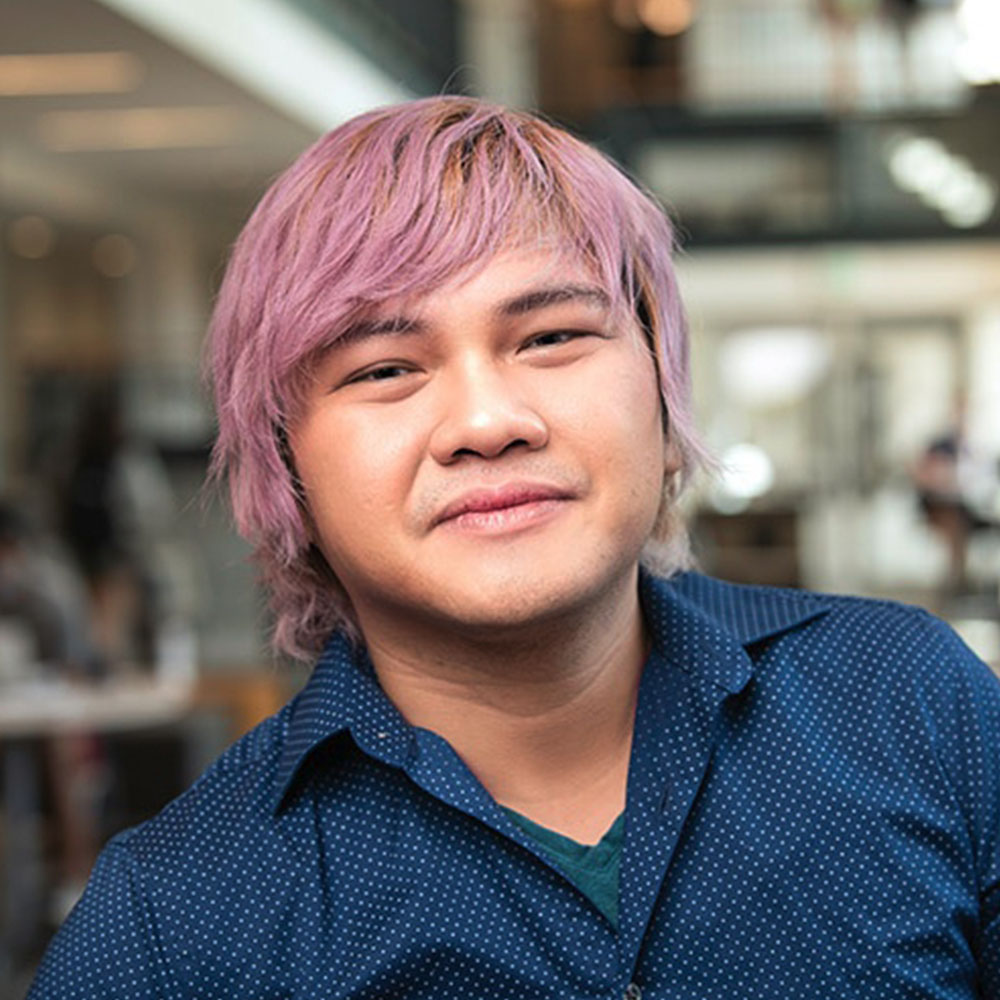
“As a suicide attempt survivor who spent time in a mental hospital during my undergraduate years, questions about stigma, and life and death occupy much of my thinking,” Alvarez says. “My scholarship seeks to restore human dignity to groups that are highly stigmatized or disenfranchised in some way.”
He is the author of “The Paradox of Suicide and Creativity: Authentications of Human Existence” and is the lead author of a book-in-progress “A Plague for Our Time: Dying and Death in the Age of Covid-19.”
Alvarez earned a graduate certificate in film studies and a Ph.D. in communication from UMass-Amherst.
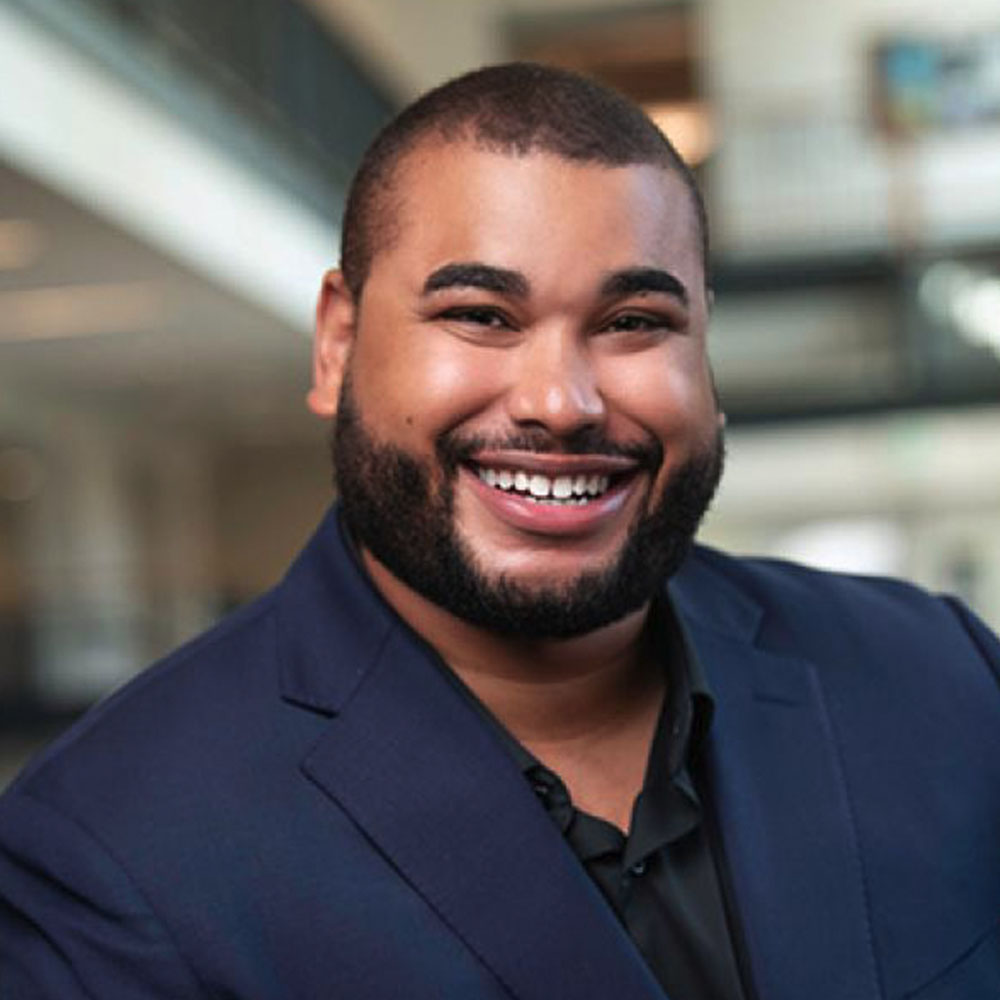
“As a biracial (half-white, half-Black) person growing up in the U.S., I have often struggled with questions around my own identity. How do I process discriminatory events? And how did my thinking about race and racism impact how I perceived or was affected by those experiences?” he says. “I hope my work can shed some light on the often-hidden ways race changes our realities.”
Gibson earned a Ph.D. from Emory University.
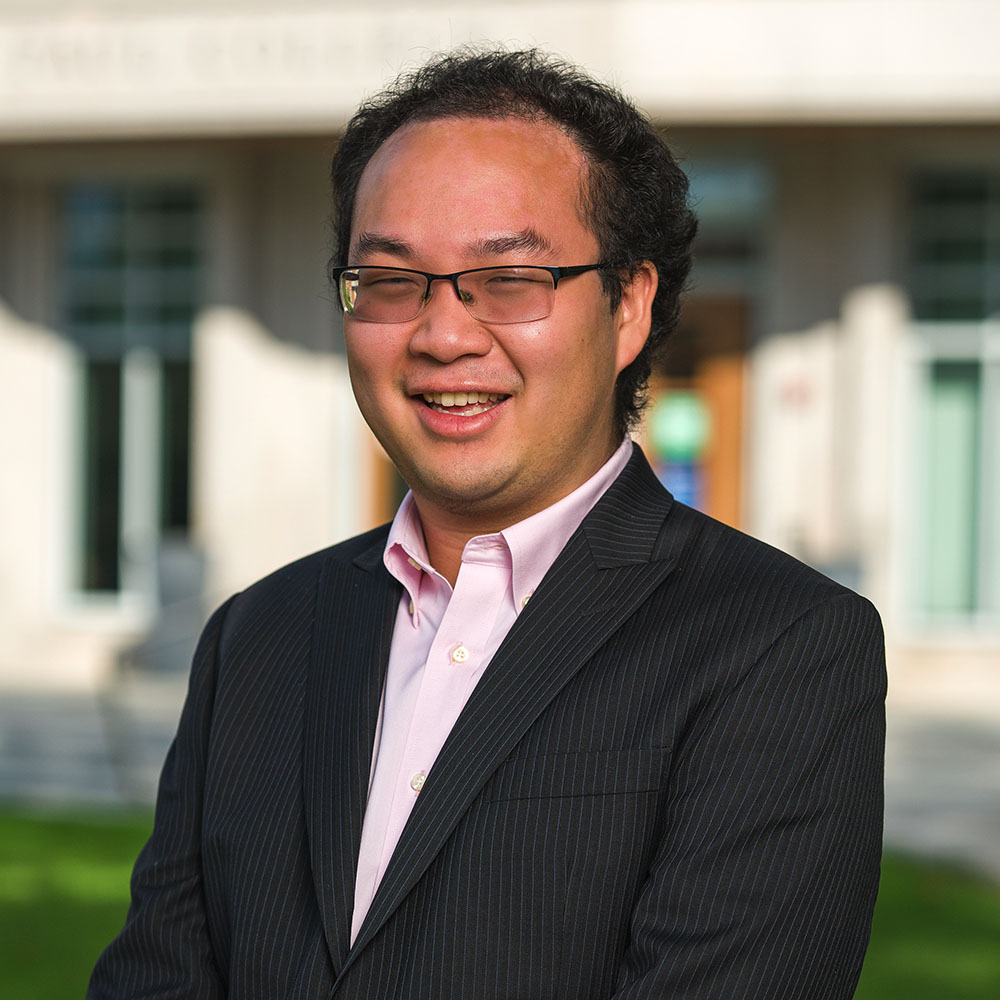
“I am curious what contributed to my own and others’ appreciation of leaders and groups, which drove their enjoyment and growth, as well as decisions to exit,” Lee says. “I want to understand when people felt safe and excited to be in organizations.”
Lee holds a Ph.D. in business administration, organizational behavior, from Washington University in St. Louis.
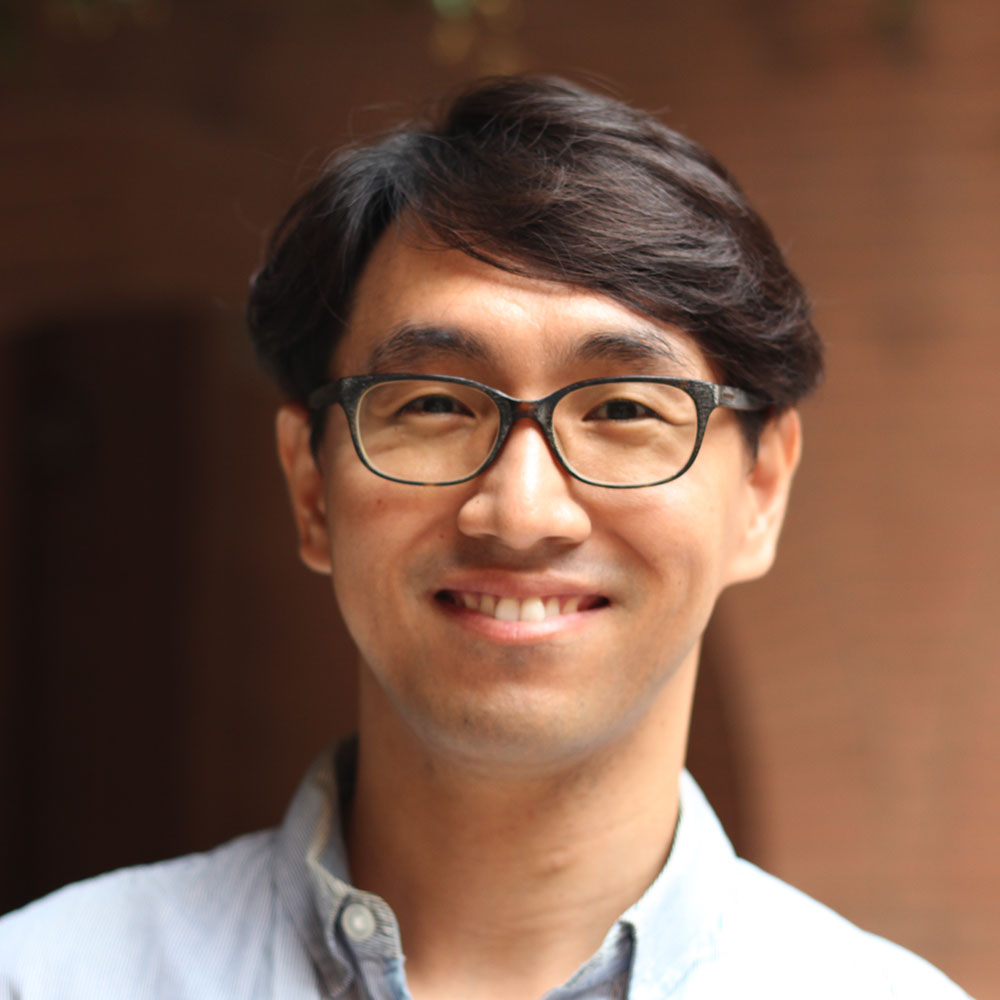
“Given that the ultimate goal of my research is to reduce the disparities in healthcare access and consequently bring better health outcomes, I believe the findings of my research will strongly enhance the spectrum of UNH research in the perspectives of equity and inclusion,” Jeong says.
He received a Ph.D. in social work at University of Southern California.
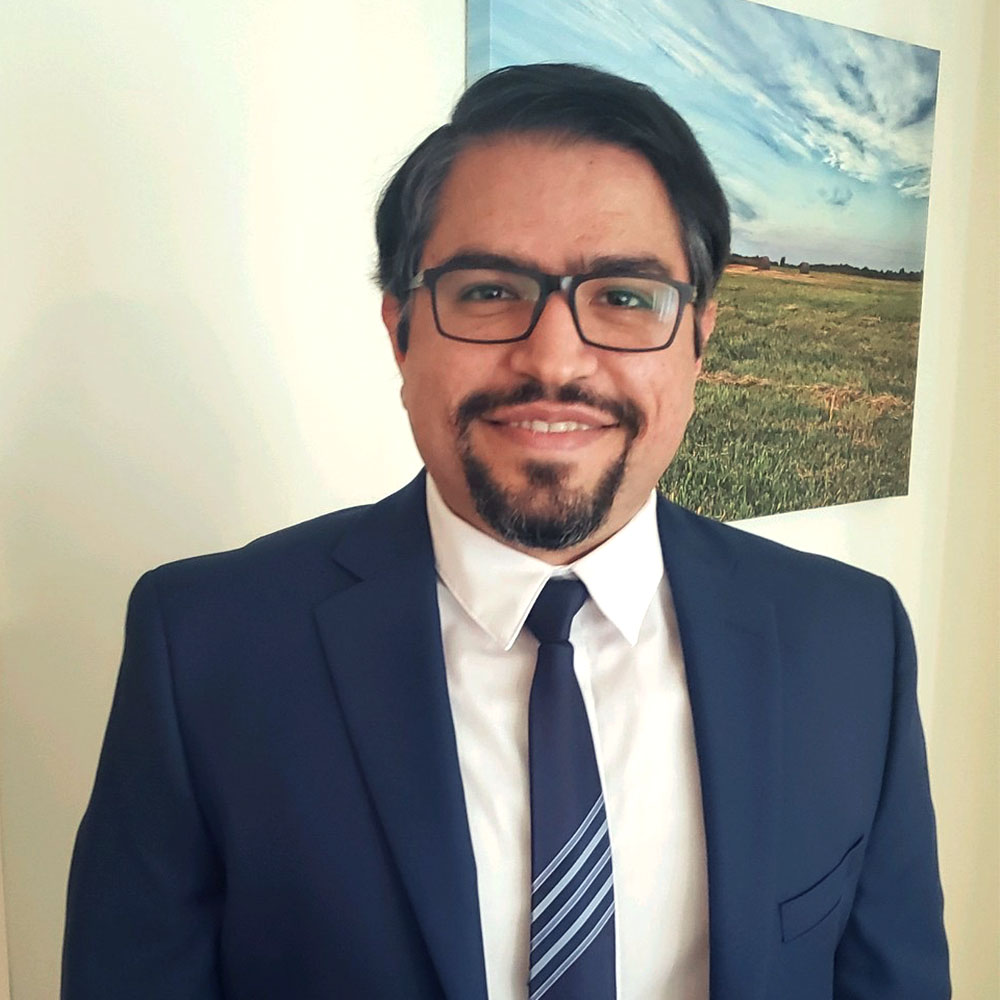
“The findings of my research will potentially provide guidelines for the effective design of coastal protection systems that can save the lives of individuals, particularly within undeveloped coastal communities,” he says.
Rafiei’s Ph.D. in civil engineering is from North Carolina State University.